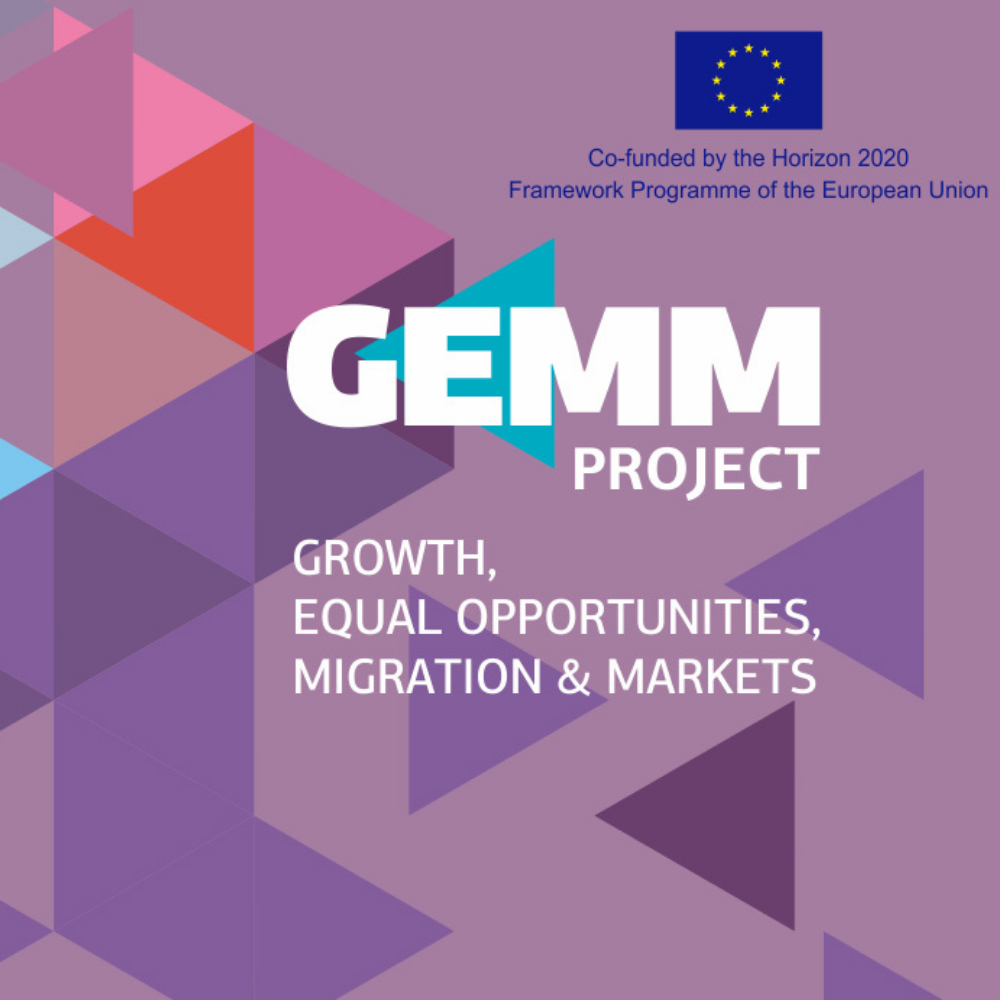Demireva and her team revealed some of the main trends related to job quality: “We found little evidence of migrants undercutting white Britons’ job quality. However, second-generation minority men, particularly Black Caribbean and Black African minority men may be vulnerable to a race-to-the-bottom facilitated by the competition with migrants. Our results are consistent with an ethnic hierarchy that places majority members on the top, non-white migrants at the bottom, and second-generation minority members somewhere in between.” Considering European societies at large, the project found that Muslim migrants and their children are particularly likely to see their qualifications and training discarded.
Overall, the differences between the majority population and minority groups are systematically in favour of the first group: in all five countries in the GEMM field experiment – Germany, the Netherlands, Norway, Spain and the UK – ethnic minority applicants have a lower probability of being called back for a job interview than majority group applicants. “The GEMM field experiments show that the gap in call-back rates varies widely across countries,” Dr. Demireva notes. “Norway and the United Kingdom are the countries in the field experiment with the highest ethnic discrimination. We also see different trends as to which ethnic groups suffer the most: Nigerian or Pakistani-sounding names in the United Kingdom, Pakistani and Somali-sounding names in Norway, Turks and Lebanese candidates in Germany, for instance appear to be associated with high levels of penalty.”

